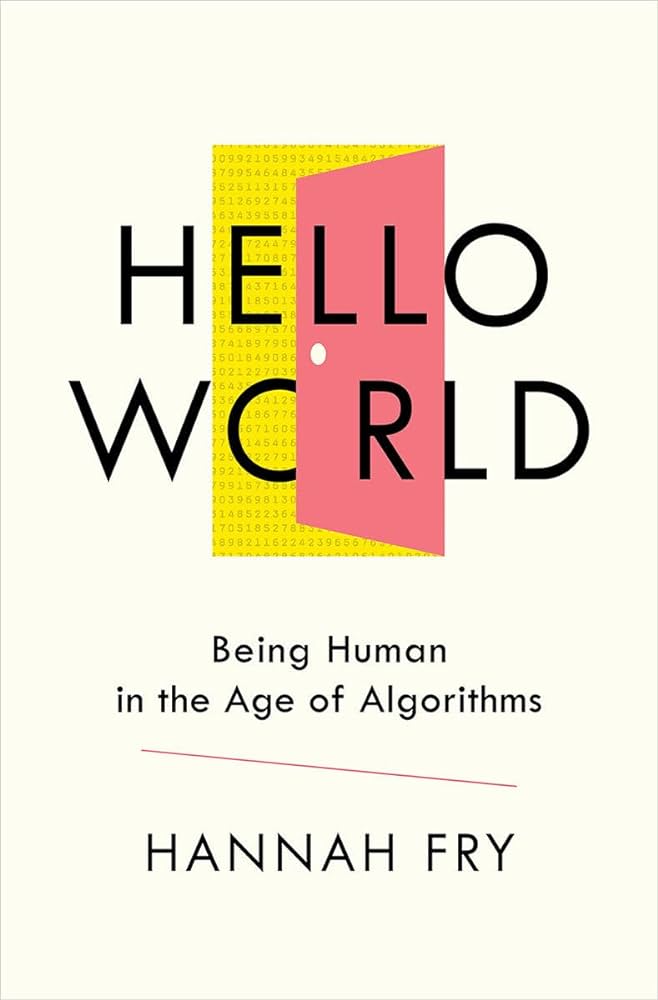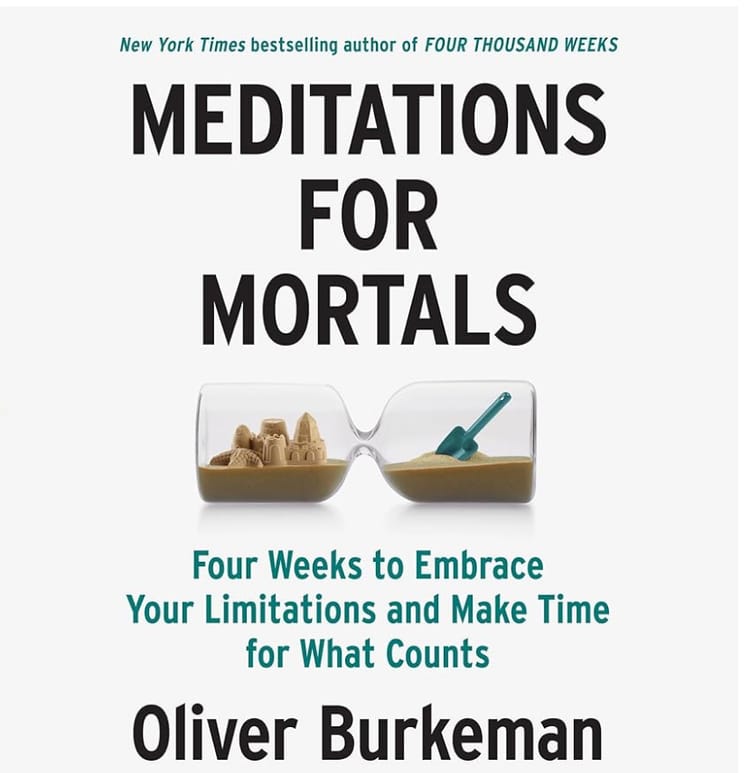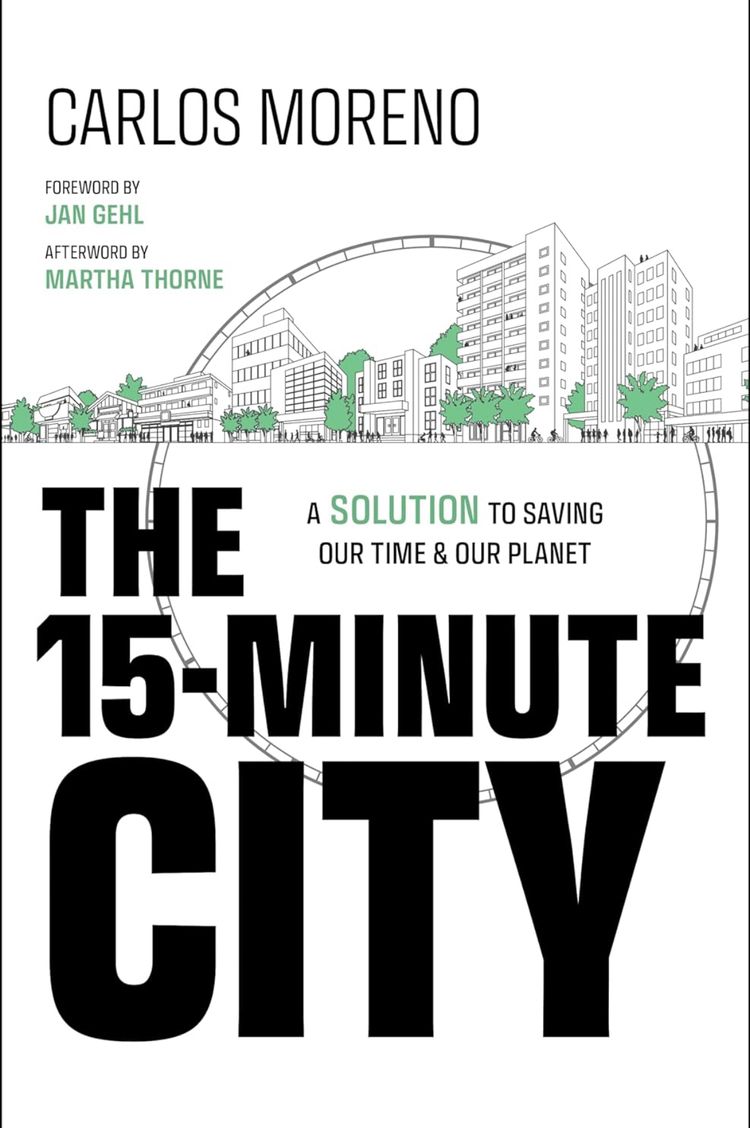Hello World by Hannah Fry

al·go·rithm
a process or set of rules to be followed in calculations or other problem-solving operations, especially by a computer.
As computer algorithms increasingly control and decide our future, ‘Hello world’ is a reminder of a moment of dialogue between human and machine. Of an instant where the boundary between controller and controlled is virtually imperceptible. It marks the start of a partnership –a shared journey of possibilities, where one cannot exist without the other.
Hannah Fry, Hello World
Hannah Fry1 is a mathematician that appears regularly on one of my favourite YouTube series, Numberphile2. When it was announced that she had a new book coming out, it was an instant pre-order for me. I was anxious to read her take on algorithms, considering how important they are in mathematics and now the world.
Before reading the book, my understanding of algorithms was rather basic. I knew they controlled search engines and what appeared in our newsfeeds, and helped deliver appropriate ads while browsing the web. I also knew they were used in navigation systems for self-driving cars and airplanes, and how they were used to defeat Gary Kasparov in his famous chess battle with Big Blue twenty years ago.
The deeper I got into the book, the more surprised I was at how prevalent algorithms are in our lives now without knowing it. Algorithms exist beyond the digital and navigational worlds. Fry has chapters in the book about medicine, justice, and art, for example. There is a chapter on data that was equally surprising at how much information has been collected on us individually. Information that can be put back together to pin point who we actually are- rather easily, too.
Through each chapter, she makes a compelling case about how algorithms work for the greater good and can make life better, safer, or more efficient. At the same time, she also details cases where the algorithms get things very wrong. An example from the first chapter on data is one we can all relate to, assuming you shop at a store with a loyalty card.
The purpose of the loyalty cards at these stores (as opposed to a buy-ten-get-one-free coffee loyalty punch card) is to track our purchases with the intention of sending us coupons that we are more likely to use. This can be quite useful when you receive coupons for products you have previously bought or are related. Problems arise when the algorithms used pick up on a signal that turns out to be false which is what happened to one teenager who had been shopping at Target. Her purchasing history had been used to predict that she was pregnant and would be soon purchasing diapers, formula, etc. Coupons were mailed out to her, but her father saw the mail and accused Target of promoting teenage pregnancy. Target’s algorithm turned out to be correct in its prediction.
There are always pros and cons to these algorithmic systems being used. Hannah Fry walks a line without drawing an ultimate conclusion on whether the pros outweigh the cons or vice versa. Instead, she tells wonderful stories and shares interviews with some of the leading technologists about algorithms to help us develop our own conclusion the direction technology is taking.
Hello World is an easy read, tackling a complex issue without being bogged down with terminology and the technical intricacies of how algorithms work. I think it is an important book to read to have a fuller understanding of the world around us and one that should be passed around for a quick weekend read. If you are like me, you will come away surprised at how much we are living and breathing in a world full of algorithms. That world is not going anywhere anytime soon, so it best to be familiar with it rather than be a stranger to it.
- With the one of the great Twitter handles, fryrsquared ↩
- You can see the videos she’s in here ↩




Member discussion